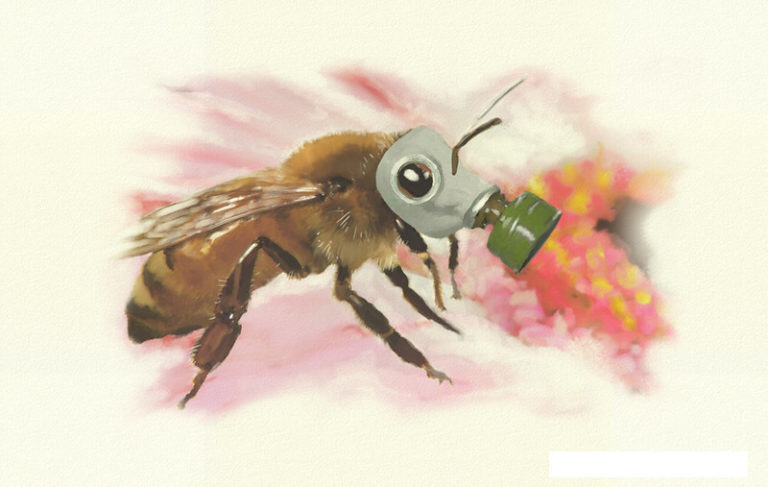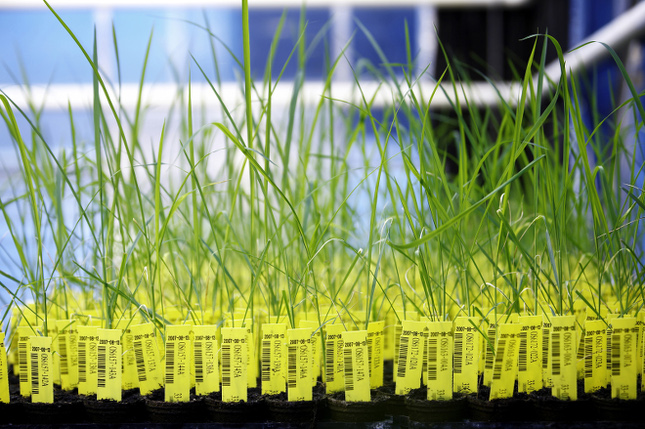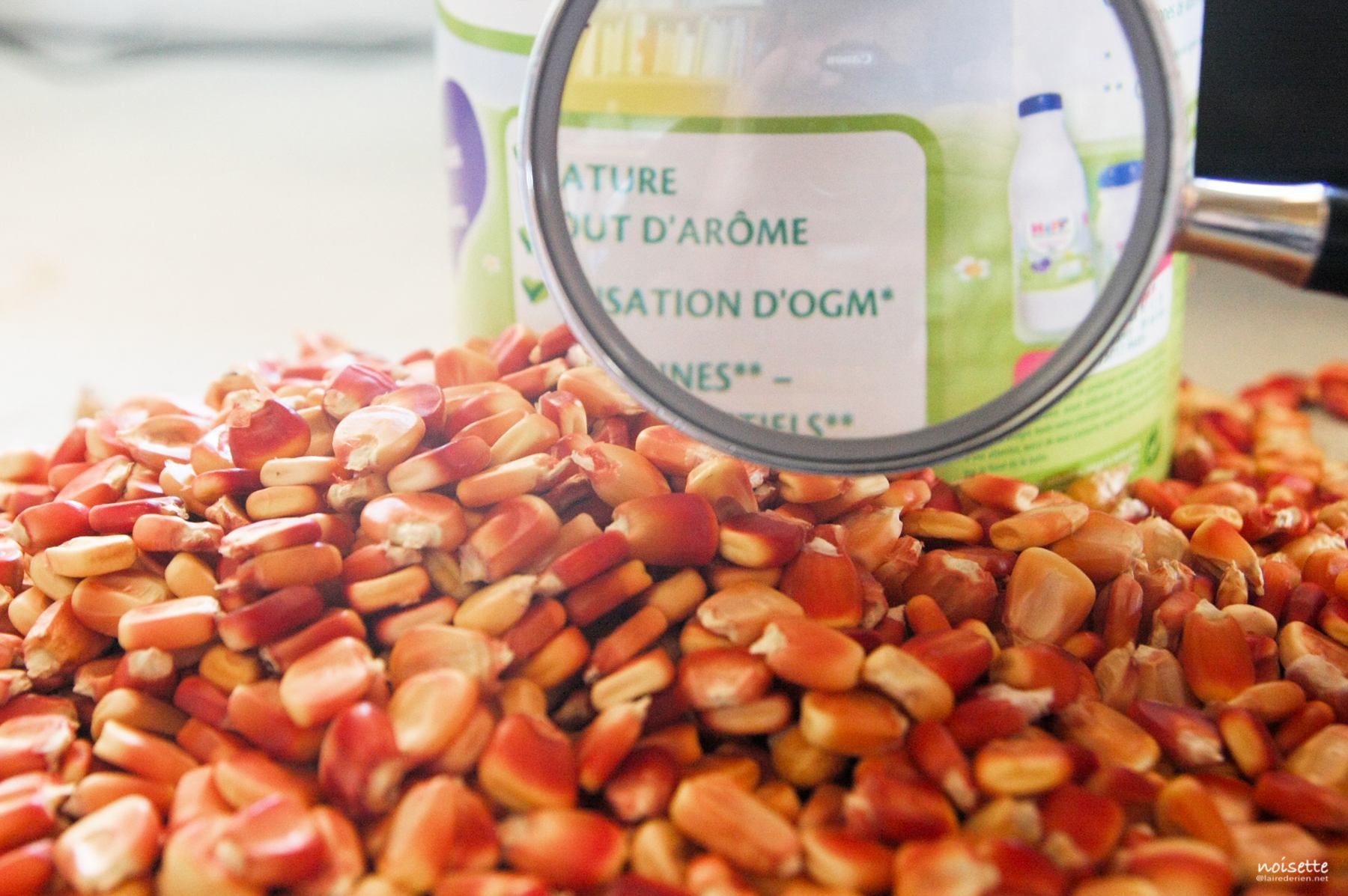A minority of states support deregulation of new GMOs
Many States currently reflect on the legal status of GMOs resulting from new genetic modification techniques, and some have already decided. It is not easy to give an exhaustive picture of all the positions and legislation adopted : it is sometimes difficult to have access to national legislation, national positions may be unclear at this stage, the scope and categories of new techniques of national legislation may vary which means that imprecise general terms have to be used… The picture we have drawn up here nevertheless shows that it is mainly a minority of economically powerful States that have decided to deregulate GMOs resulting from new techniques.
When it comes to new genetic modification techniques, biotech companies want to be reassuring. These new techniques are said to be more precise and to allow a better control of genetic modifications. They are even said to make it possible to reproduce what nature does or to obtain the same result as with conventional breeding methods, such as crossing. But above all, certain new genetic modification techniques are supposed not to imply the addition of foreign DNA in the organism…
Less stringent rules in the main producing countries
This type of rhetoric aims to justify that GMOs resulting from new genetic modification techniques should not be subject to the same rules as transgenic GMOs. In other words, existing regulations should be relaxed or even be set aside for these 2.0 GMOs. The proponents of this approach are the main GMO producing countries : the United States, Canada and Latin American countries such as Argentina and Brazil. As early as 2018, at the World Trade Organization (WTO), these States claimed that « innovations in precision biotechnology, such as gene editing, have brought the promise of major improvements in terms of the ease and precision of introducing desirable traits into agricultural organisms » [1]. They added that « government policies must continue to foster innovation […] and mitigate unintended, unnecessary barriers to the entry of agricultural products » [2].
These States have in common that their regulations are based on the novel (claimed) characteristics of the final product. Depending on the State, the (non-exhaustive) criteria leading to the non-application of GMO regulations and the application of the general regulations applicable to « conventional » products are, for example, that the organism could have been produced naturally or by a conventional breeding method or that it does not contain foreign DNA. Such criteria de facto intend to reduce the notion of GMO to transgenesis and to reject it for GMOs resulting from new genetic modification techniques.
The first State to set such criteria was Argentina. In its regulation adopted in 2015, the decisive criterion for deciding whether a product resulting from new techniques should be considered a GMO is the presence of a « new combination of genetic material ». A genetic modification is considered as such when one or more DNA sequences that are part of a genetic construct are permanently introduced into the plant’s genome. Argentina has been followed by other States that have adopted similar regulations, in Latin America (Brazil [3], Chile [4], Colombia [5], Honduras [6], Paraguay [7]…) and elsewhere (USA [8], Australia [9]).
Under pressure from trade agreements (international or free trade agreements) and the innovation race, some States are revising or adopting regulations to facilitate the development, commercialisation or cultivation of GMOs derived from new techniques. In March 2022, India decided that these GMOs would be exempted from the main requirements of its GMO legislation, i.e prior authorization with risk assessment and labeling requirements, even though these requirements are intended to ensure environmental and health protection [10]. In early 2022, the United Kingdom, which left the European Union, did the same for field trials and announced a broader reform of GMO regulation [11]. Nigeria, for its part, adopted specific guidelines for GMOs from new techniques in 2020. And in Canada, where GMOs are currently regulated under the novel food regulations, which are already based on an « final product » approach, a review is currently underway [12].
In most countries of the world, however, GMOs derived from the new techniques continue to be subject to GMO legislation. Some countries have explicitly announced this, such as China, New Zealand or South Africa, although such decisions face strong opposition from industry [13]. In others, on the African continent among others, GMO legislation applies while consideration is given to the revision of the legislation or while revision is underway.

The European Union under pressure
Unlike its main trading partners, the criterion that triggers the application of the GMO regulation in the European Union is both the technique used and the final product obtained. The European definition therefore includes GMOs resulting from new genetic modification techniques. The Court of Justice of the European Union clearly confirmed this in its 2018 ruling. It said that GMOs obtained from techniques without history of safe use must be regulated as GMOs and be subject to risk assessment and comply with traceability and labeling obligations [14].
Since the autumn of 2021, the European Commission has been arguing that it is necessary to adapt European GMO legislation to scientific progress. Among other reasons put forward are the supposedly lower risks of the new techniques, but also their « potential to contribute […] to a more resilient and sustainable agri-food system » [15]. The Commission plans to adopt a legislative proposal for GMOs derived from some of these new techniques (directed mutagenesis and cisgenesis) by 2023. In the meantime, it is maintaining an ambiguous position by stating that these GMOs should benefit from a more « flexible » regulatory framework. Will the future legislative proposal meet society’s demands in terms of environmental precaution ?















